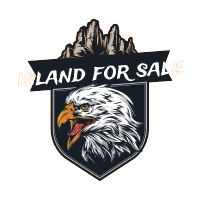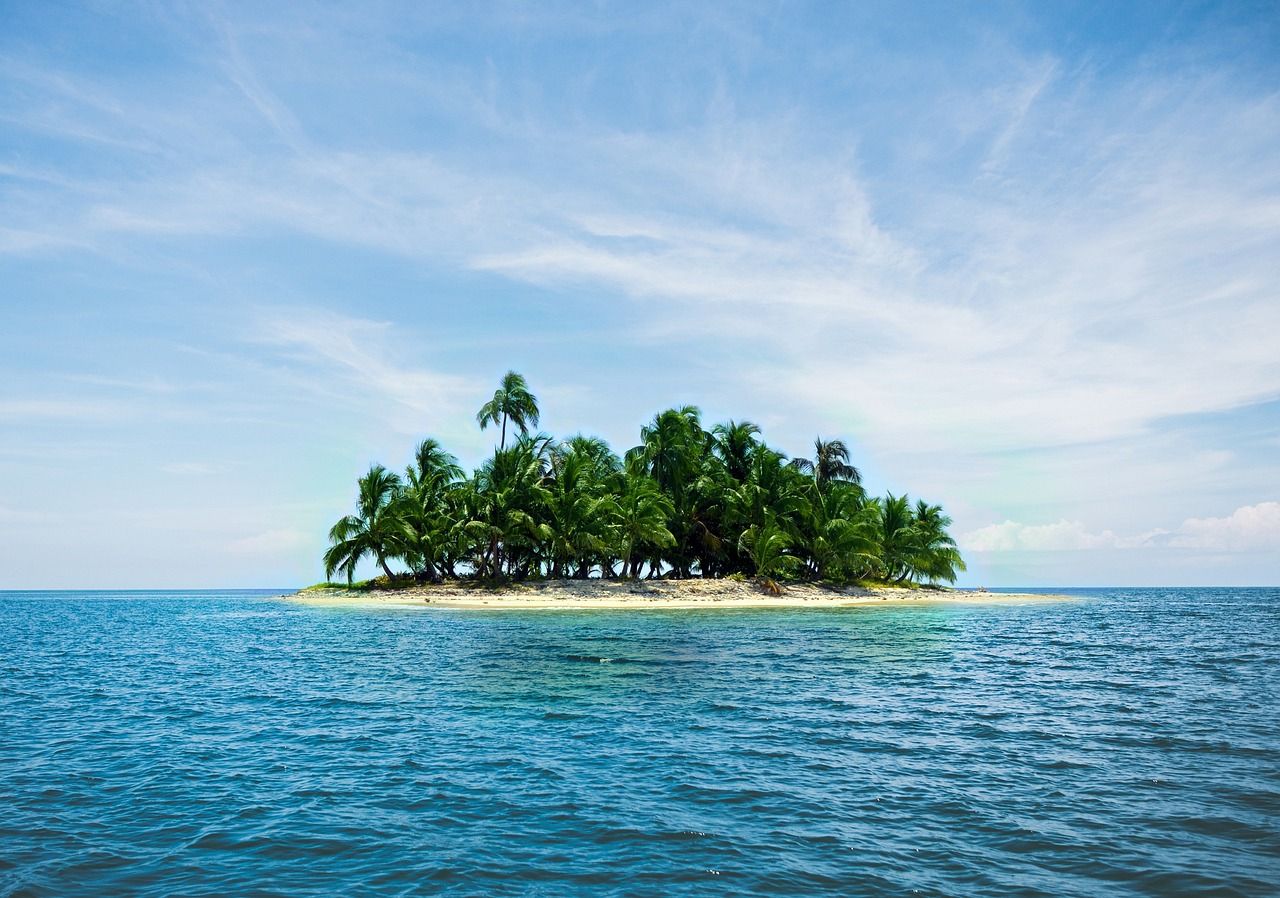How to buy a private island in the Market, Eco-Friendly for Sale, Greece, Caribbean, Europe, Asia & America’s Costs A 1 * *
How, Buy Island, tropical paradises, idyllic coastal retreats, and secluded escapes surrounded by breathtaking natural beauty
“Ways to own an exclusive island in this Planet?”
The journey to buying a private island in the world begins with thorough research. Start by identifying your preferences such as climate, accessibility, and amenities. Next, engage with a local real estate agent who specializes in private islands. They can provide insights into market trends, pricing, and available properties. It’s crucial to understand local laws regarding foreign ownership, environmental regulations, and development restrictions. A visit to the island is indispensable for assessing its true potential and any challenges like transportation to the mainland, availability of fresh water, and internet connectivity. It’s also advisable to have a financial plan in place for the purchase and future maintenance. Consider factors like insurance, especially if the location is prone to natural disasters. Collaborate with legal and financial advisors to navigate the complexities of the transaction and ensure a smooth purchase process.
“What are the costs of owning an island in general?”
Owning an island in general can be a dream come true, but it comes with various costs that need consideration. The initial cost includes the purchase price, which varies greatly based on size, location, and existing developments. Ongoing costs include property taxes, which can differ depending on local regulations. Maintenance is a significant expense, encompassing everything from property upkeep to infrastructure repairs. Utilities such as electricity, water, and waste management can add up, especially if the island lacks access to mainland utilities and requires alternative solutions like solar panels or septic systems. If the island is in a remote location, transportation costs for supplies and visits can be substantial. Additionally, staffing costs for maintenance and security, especially if the island is large or developed, should be factored in. It’s also wise to budget for insurance, particularly in regions prone to natural hazards like hurricanes or flooding.
“Are there eco-friendly islands for sale?”
The market for eco-friendly islands is growing, appealing to environmentally conscious buyers. These islands prioritize sustainability and minimal impact on the natural environment. Features to look for include renewable energy sources like solar or wind power, systems for rainwater collection and water conservation, and waste management practices that comply with ecological standards. Some eco-friendly islands may also offer organic farming opportunities, native vegetation conservation, and wildlife protection initiatives. It’s important to verify the eco-credentials of these properties, ensuring they meet the required environmental standards and regulations. Buyers should also consider the long-term sustainability of these features and any additional investments required to maintain or upgrade eco-friendly systems. Purchasing an eco-friendly island in America or Europe not only offers a unique living experience but also contributes positively to environmental conservation.
“Where to find luxury land for sale in the Caribbean?”
Finding a luxury island in the Caribbean requires a blend of diligent research and the right connections. Begin by defining what luxury means for you: it could be a fully-developed island with high-end villas, private beaches, and perhaps even its own airstrip, or it might be a more untouched, pristine natural paradise with potential for development. Networking with real estate agents who specialize in high-end Caribbean properties is crucial. They can provide access to exclusive listings that may not be publicly advertised. Attending luxury real estate auctions and networking events can also be fruitful. When considering a luxury island, pay close attention to details like the quality of construction, the availability of modern amenities, and legal aspects like clear title and ease of transfer. Privacy, security, and accessibility by boat or air are other key considerations. The Caribbean is known for its varied and picturesque islands, so there’s a good chance you’ll find one that perfectly matches your luxury criteria.
“What is the process of getting an island in Greece?”
The process of buying an island in Greece involves several key steps. First, engage with a real estate agent experienced in Greek island transactions. They can help identify islands that meet your criteria and navigate the local market. Next, conduct a thorough due diligence process. This includes verifying the legal status of the island, ensuring there are no encumbrances or disputes, and understanding zoning regulations, especially related to building and development. In Greece, it’s also important to check for archaeological restrictions, as the country has many protected historical sites. Once you’ve settled on a property, negotiate the terms of sale and finalize the deal with a legally binding contract. In Greece, property transactions typically require a notary and a lawyer to ensure compliance with local laws. Keep in mind that purchasing an island in Greece also involves tax considerations, and foreign buyers may face additional legal requirements. After the purchase, you might need to invest in infrastructure development, such as building access roads, installing utilities, or constructing housing and amenities.
“Island real estate investment: is it a good idea?”
Investing in island real estate can be a lucrative venture, but it requires careful consideration. Islands often hold their value well and can be a unique asset in a diverse investment portfolio. The key is to research thoroughly and understand the specific market dynamics of the area where you are investing. Consider factors like accessibility, the political and economic stability of the region, and the potential for natural disasters. Islands in popular tourist destinations or near major cities tend to appreciate in value and can be excellent for short-term rentals or exclusive retreats. However, investing in an island also comes with challenges such as higher maintenance costs, more complicated logistics, and potential environmental constraints. The rarity and unique nature of islands can make them highly sought after, but this also means that liquidity can be an issue – selling an island might take longer compared to standard real estate. For a successful investment, blend passion with prudence, ensuring you understand the nuances of the island real estate market.
“Legal requirements for purchasing an island in America?”
The legal requirements for purchasing an island in general, can be complex and vary depending on the specific legal framework of the country. Generally, it involves a thorough investigation of the island’s title to ensure it is free from disputes or liens. Understanding zoning laws is crucial, as these will dictate what you can and cannot do on the island. Environmental regulations are another important aspect, especially if the island is home to protected ecosystems or species. In some countries, foreign buyers may face restrictions or additional requirements, such as obtaining government approval or partnering with local entities. Taxes and fees associated with the purchase also need to be considered, as they can vary significantly. It is advisable to work with a legal expert who specializes in real estate transactions, particularly those involving unique properties like islands. This expert can guide you through the process, ensuring that all legal requirements are met and that your investment is secure.
“Ways to find affordable islands for sale?”
Finding affordable islands for sale involves a strategic approach. Start by broadening your search to include less popular or more remote locations, as these often come with lower price tags. Consider smaller islands or those requiring some level of development, as they can be more budget-friendly. Utilizing online real estate platforms that specialize in island properties can give you a broader perspective of what’s available within your budget. Networking with real estate agents who have experience in selling islands can also provide access to off-market deals or upcoming listings that haven’t been publicly advertised yet. When assessing affordability, factor in additional costs such as development, infrastructure, and ongoing maintenance, which can add significantly to the initial purchase price. Be prepared to compromise on certain aspects like size, location, or existing amenities to fit within your budget. With patience and diligent research, finding an affordable island that meets your needs and dreams is achievable.
“What are the best islands for sale and cost?”
The best islands for sale under a specific price range are usually found in less developed or less sought-after locations. To find these, start by setting a clear budget and understanding what this budget can realistically get you. Research emerging markets where real estate prices are still relatively low but have potential for future growth. Real estate agents specializing in island properties can be invaluable resources for these hidden gems. Consider the long-term potential of the island – even if it requires some initial investment for development, it might offer a higher futuristic return. T that lower-priced islands may come with challenges such as limited access, lesser infrastructure, or more complex legal and environmental considerations. Flexible with your requirements and to put some extra work can lead you to a reward with your price range.
“Maintenance costs: what should I expect?”
The costs of an island can vary widely based on several factors. The size of the island is a major – larger islands will naturally require more upkeep. Location is another critical factor; (remote areas or those prone to harsh weather conditions can have higher costs). Basic upkeep comes with landscape, Property Mgmt. and infrastructure repairs. If the island is undeveloped, costs for developing basic infrastructure like water, electricity, and waste management need to be considered. Staffing costs for maintenance personnel, security, and other necessary staff can add up, especially for larger or more developed islands. Transportation costs for supplies and personnel to and from the island can also be significant. Insurance, particularly in regions with natural disaster risks, is an essential but often costly consideration.

